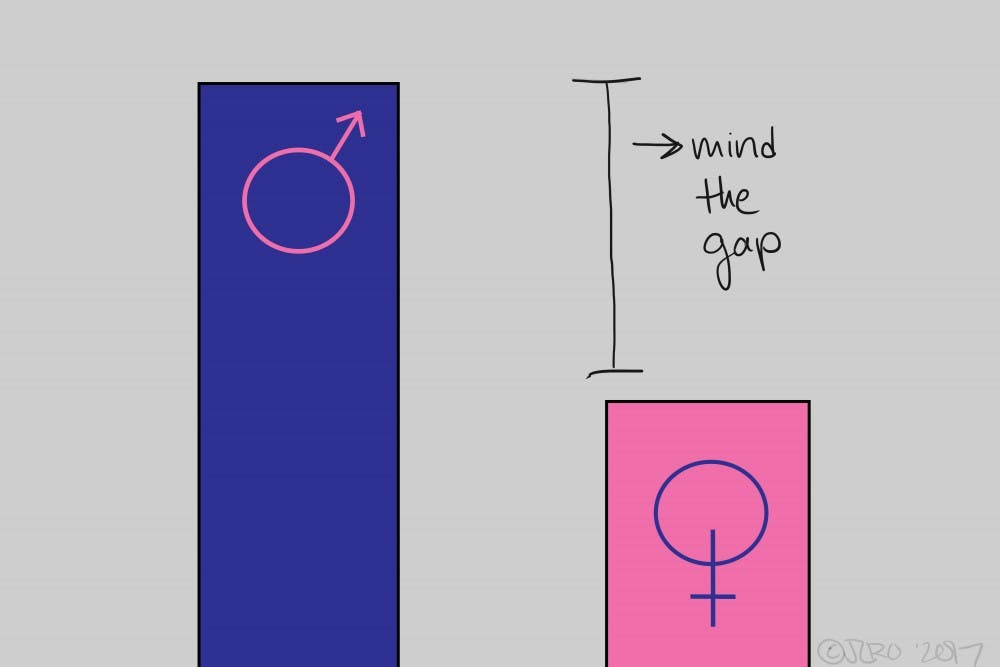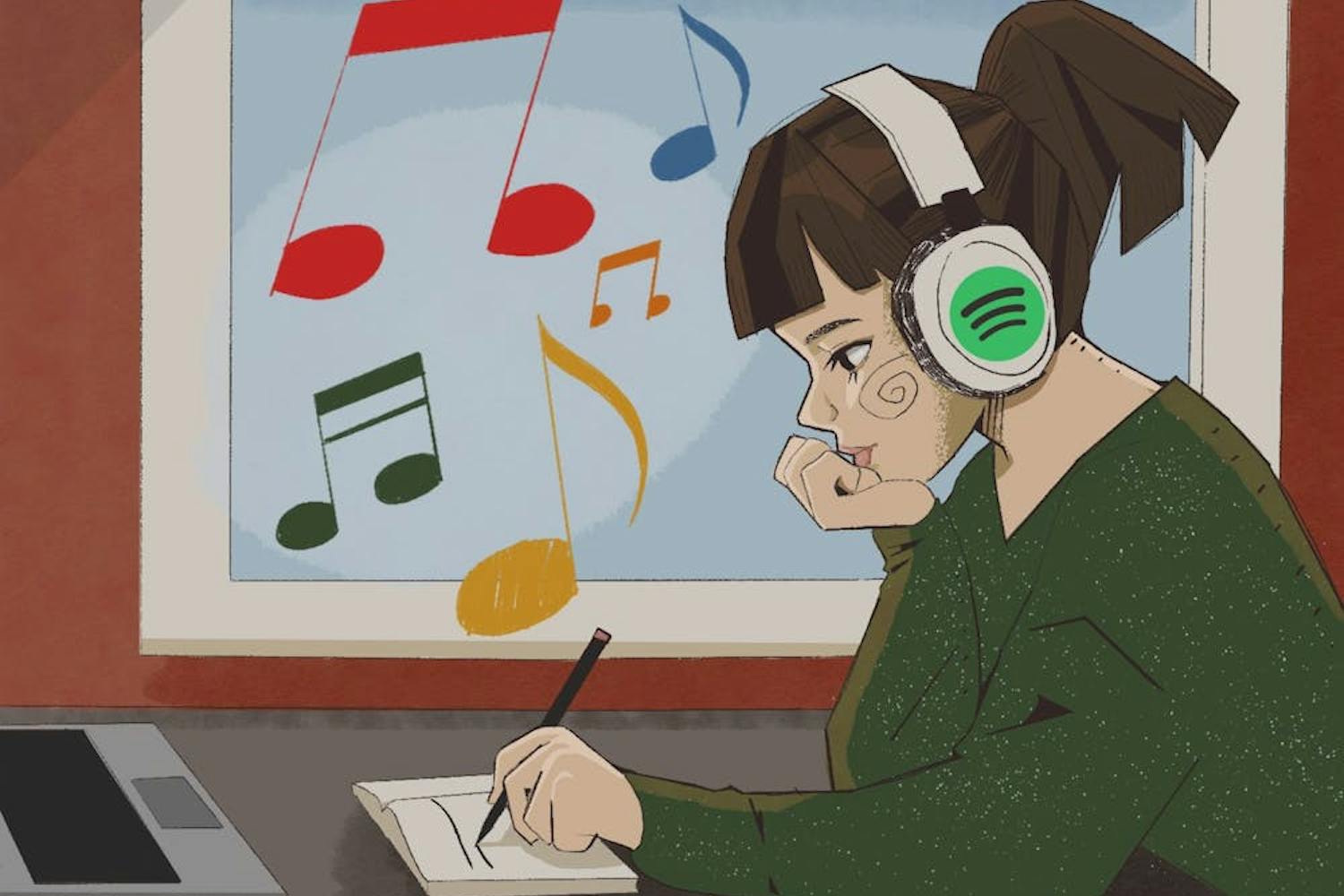Whether it is a casual discussion between friends or political discourse on campus, college students are talking about sex.
However, the orgasm gap is rarely talked about. The orgasm gap is the difference between the frequency that men think their female partner orgasms during sex, versus the frequency that their partner actually orgasms.
As college students become more sexually active, the orgasm gap will increasingly be an issue in their lives. We need to be facilitating conversations in order to close the gap, and foster more positive sexualities.
It is reported that 85 percent of men believe their most recent partner had an orgasm during sex, while 64 percent of women actually reported having an orgasm.
This means that a significant proportion of women are either faking it, or their partners simply do not care whether or not she orgasms. Both of these options are sad and concerning.
Sex can be fun and pleasurable sans orgasm, but it can also be frustrating when your partner finishes every time and you are left unsatisfied. Men and women should both be able to experience this kind of pleasure if they want to.
A healthy sex life means getting as much as you are giving. A sexual relationship should be symbiotic, not parasitic. Sex that is always focused on one partner is neither healthy nor fun.
Nevertheless, this is often a norm for many women. Our culture commonly communicates that it is a woman’s job to please her man. Even Cosmopolitan's sex tips and tricks are often targeted toward male pleasure. Yet, men are not taught to focus on female pleasure.
"Our structures and stories of what sexuality is and the scripts that we follow are based on male sexuality and pleasure," said Kayla Kuykendall, a human sexuality doctoral student at Widener University.
Female sexuality is seen as complicated, but it really is not. Popular culture just teaches us more about male sexuality, creating unrealistic expectations about the female orgasm. The female body would not seem so complicated if the population was more educated.
Because of these expectations, many women feel they have to fake orgasm in order to ensure their partners have an enjoyable experience.
The orgasm gap could easily be fixed via open communication and education. However, a woman is often expected to sacrifice her own sexual experience for the sake of her partner's.
Ultimately, these behaviors only reinforce the orgasm gap. While it is perfectly healthy to want to ensure your partner has a good time, you should not have to sacrifice the health and pleasure of your own sex life.
“If we can start changing the negative messages about women sexuality, we can start to teach women how to speak about what they desire and how counter these stigmas,” Kuykendall said.
Great sex comes with authenticity and honesty. This means telling your partner when you cannot get there, and telling them what you like.
In this case, faking it ‘til you make it is not going to work. If nobody is willing to speak on this subject, we cannot expect to have a sex-positive future.
The orgasm gap matters. It is not just about sex; it is about fostering equality in every aspect of our lives. Sexuality is a major part of a person’s identity. So as students develop this identity, they should be talking about issues that will affect them.
Reach the columnist at sljorda4@asu.edu or follow @skyjordan4 on Twitter.
Editor’s note: The opinions presented in this column are the author’s and do not imply any endorsement from The State Press or its editors.
Want to join the conversation? Send an email to opiniondesk.statepress@gmail.com. Keep letters under 500 words and be sure to include your university affiliation. Anonymity will not be granted.
Like The State Press on Facebook and follow @statepress on Twitter.




